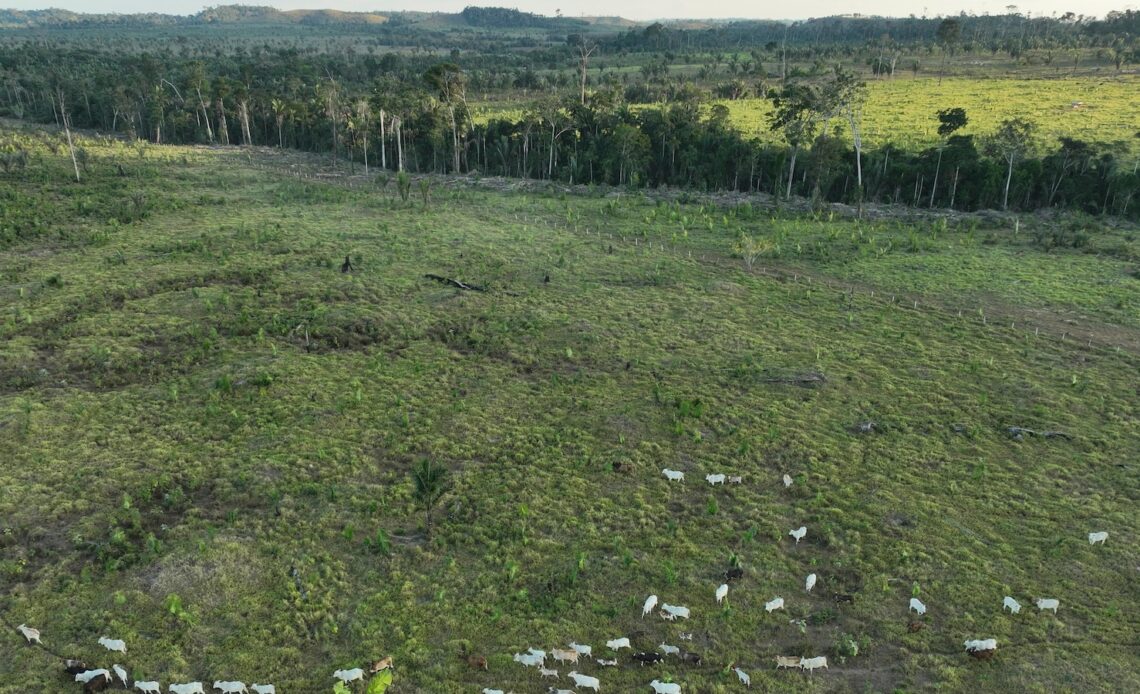BRASILIA, Brazil — Several states in Brazil are trying to rid themselves of rainforest protections, bowing to pressure from cattle ranchers and soybean growers to cut down trees and expand agriculture.
Their efforts run counter to those of President Luiz Inácio Lula da Silva, who returned to power last year and has made significant strides in curbing Amazon deforestation. They also threaten Brazil’s commitment to halt deforestation by 2030. Loss of forest is the country’s largest source of carbon emissions.
“We are detecting a well-coordinated wave of setbacks. The efforts to reduce deforestation remain highly fragile in some regions,” said Alice Thuault, executive director of Instituto Centro de Vida, an environmental nonprofit based in Mato Grosso state. A coalition of organizations that keeps watch on supply chains, the Accountability Framework initiative (AFi), also referred to the trend as “a major setback.”
Brazil’s nine Amazonian states are crucial for preserving forest. Together, they manage almost 220,000 square miles (564,000 square kilometers) of conservation lands and 12,600 square miles (32,600 square kilometers) of public forests that have no protective designation, a total area roughly the size of Ukraine.
In Acre state, a law approved unanimously in August allows the privatization of almost 347 square miles (900 square kilometers) of protected forest, an area approximately the size of New York City. The stated goal is to legalize the status of people who have illegally moved into five forested conservation units.
The state and its leading farmers´ organizations are finding common cause with Brazil´s communist party and state lawmaker Edvaldo Magalhães. In a speech in August, he said the new environmental legislation, which also lowers penalties for illegal deforestation, will benefit 40,000 small farmers. He said it will increase protected forest area, although he has not said how. Magalhães didn’t return requests for an interview.
Acre’s new legislation has garnered strong support from agribusiness organizations, which have long advocated for loosening rainforest protections. “The more forest, the more poverty,” said Assuero Veronez, president of the Federation of Agriculture and Livestock of Acre, during a speech in the state parliament in April 2023.
Veronez, a cattle rancher who migrated from Brazil’s Southeast to Acre, argues that forests don’t generate income and they occupy land that could be used for…
Click Here to Read the Full Original Article at ABC News: Business…

